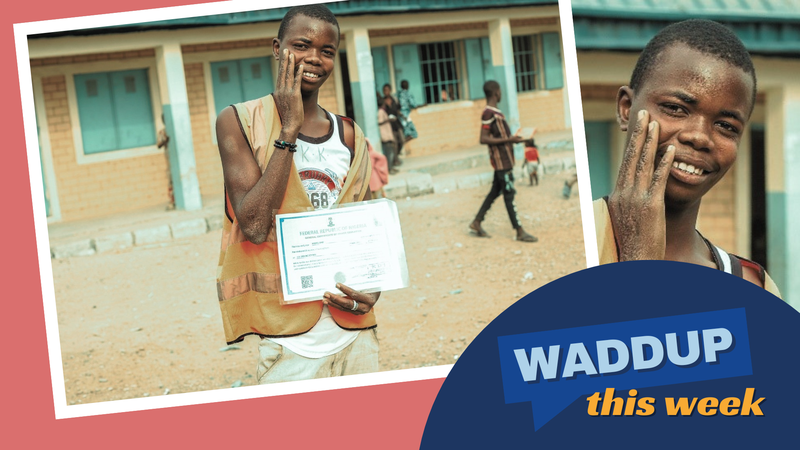'The social network'
Peter Waddup, CEO - The Leprosy Mission Great Britain
We humans are social beings, there is no doubt about it. While we are all unique and can be at polar ends of the introvert/ extrovert scale, we are all wired for human connection. If we take a quick look around us, this is so apparent. Elderly people enjoying the opportunity for a chat a quick trip to the post office presents. Children seeking each other out in a park, often formulating a game within minutes of meeting. Even those most burdened by life, such as people who are homeless, gravitate towards the 'warmth' of a city. While this may be in search of food and shelter, there is a hope the connections they make may lead to a better life.
So much has been written about loneliness since the global pandemic gave us all a taste of isolation. While many welcomed a break from the busyness of life, for most people this was short lived. Tellingly, the NHS reported a sharp rise in anxiety and depression. There was a collective sigh of relief to get back to 'normal' as soon as the vaccines allowed.
I have been so thankful that the pandemic succeeded in shining a light on mental health globally. My colleagues and I have been encouraged by the focus on wellbeing seen across the development sector. A person's wellbeing has always been at the heart of our work. This is because most people find the mental torment caused by leprosy the hardest to bear. This is not to say that it is an easy disease physically. Far from it. If left untreated, leprosy causes terrible and irreversible disabilities, including blindness. Yet it is the prejudice that still surrounds leprosy that often causes the greatest distress. I have sat with children abandoned by their parents simply because they have leprosy. I have cried with people who have been chased from their homes by family members and neighbours wielding knives. It is entirely non-sensical, as we are talking about a disease that can be cured with antibiotics. But this is the power of millennia of shame and fear has and something we are working tirelessly to rectify.
The World Health Organization (WHO) estimates that one in four older adults experience social isolation. It says between five and 15 per cent of adolescents experience loneliness. The WHO says rates in low-income countries are comparable or higher than in the UK. It says loneliness is not only having a devastating effect on people's mental health but physical health too. It goes as far as saying that the health risks of loneliness are as bad as smoking up to 15 cigarettes a day. Because of the findings, the WHO has launched a three-year international commission on loneliness.
I personally am so encouraged by this valuable piece of work. There are so many physical needs in the world of development that it can be easy to think of wellbeing as a nice add-on. But among leprosy patients there are severe mental health needs as a result of enforced isolation. These frequently lead to suicides, self-harming and substance abuse. The sort of problems we perhaps associate more with the Western world.
We are very thankful that the wellbeing of children and young people living in communities affected by leprosy was recognised by Comic Relief. The charity has partnered with us to run the pioneering Open Minds project in Nigeria. So far almost 5,000 children and young people have been screened for mental illness and, as a result, 1,457 have received support. This included counselling or specialist care for severe anxiety and depression. It's wonderful to hear that many of these young people are now active members of support groups. They are no longer battling the many challenges of life alone.
The youngsters the Open Minds project team works with lack opportunities in life. This is regardless of their gifts and talents and simply because they grew up in a leprosy colony. For example Sani, who you can see pictured, has an older brother who has been treated for leprosy. Sani faced isolation and discrimination for being a member of the same family. He felt there was no hope for his future and was understandably depressed. Thankfully, he was found by staff working on the Open Minds project and joined a support group. Talking with other young people in similar situations has really helped him. I was delighted to hear that he had the opportunity to learn how to drive as a result of the project! My colleague in Nigeria told me that the certificate he is pictured with is the first he has ever received. His smile says it all.

It is incredible that through amazing supporters in the UK, youngsters like Sani are being brought out of the shadows. They are gaining new skills, confidence and a far greater sense of community and wellbeing. We would truly love this for every single person affected by leprosy.s succinctly put it 'kindness gives birth to kindness'.